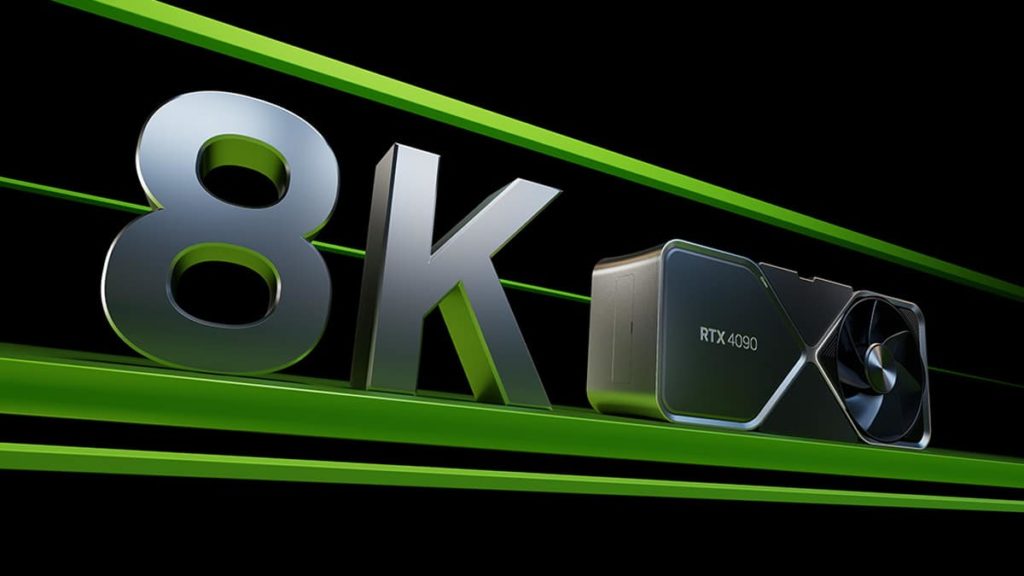kopite7kimi has returned with new GeForce rumors, but this time, it’s less about the SUPER and more about NVIDIA’s next-generation GeForce RTX 50 Series.
According to a tweet that the leaker sent out this morning, this next generation of GPUs from NVIDIA, thought to be based on the new “Blackwell” architecture, is said to feature a big memory upgrade—namely, GDDR7.
Comparatively, four of NVIDIA’s current GeForce RTX 40 Series GPUs, including the flagship GeForce RTX 4090, feature GDDR6X memory, while the GeForce RTX 4060 Ti and GeForce RTX 4060 feature GDDR6 memory.
kopite7kimi has also claimed that the GeForce RTX 50 Series will also feature models with up to a 384-bit memory interface width, a spec that the GeForce RTX 4090 already enjoys.
Samsung, which revealed that it was the first to create GDDR7 DRAM back in July, had teased that this new generation of memory can provide as much as a 1.4x boost in performance and 20% improvement in power efficiency versus 24 Gbps GDDR6 DRAM:
Samsung’s GDDR7 achieves an impressive bandwidth of 1.5-terabytes-per-second (TBps), which is 1.4 times that of GDDR6’s 1.1TBps and features a boosted speed per pin of up to 32Gbps. The enhancements are made possible by the Pulse Amplitude Modulation (PAM3) signaling method adopted for the new memory standard instead of the Non Return to Zero (NRZ) from previous generations. PAM3 allows 50% more data to be transmitted than NRZ within the same signaling cycle.
Significantly, in comparison with GDDR6, the latest design is 20% more energy efficient with power-saving design technology optimized for high-speed operations. For applications especially mindful of power usage, such as laptops, Samsung offers a low-operating voltage option.
Previous GeForce RTX 50 Series rumors have suggested that the next flagship GeForce GPU might feature as many as 24,567 CUDA cores—a big difference over the GeForce RTX 4090’s 16,384.
The GeForce RTX 4090 already costs $1,599 or higher, so who knows what the GeForce RTX 5090 will cost.
🥹🥹🥹And GDDR7.
— kopite7kimi (@kopite7kimi) November 15, 2023

